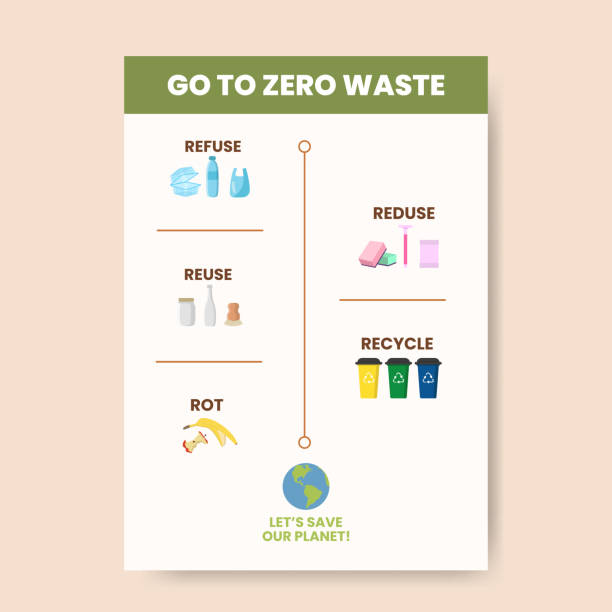Limited Ability to Detoxify the Body: Activated charcoal is a highly porous substance that binds to certain substances in the gastrointestinal tract, preventing their absorption into the bloodstream. However, its effectiveness in removing toxins is limited and selective. It primarily binds to certain drugs, chemicals, or toxins in the gut but doesn’t differentiate between harmful substances and essential nutrients. This indiscriminate binding might reduce the absorption of medications but may not effectively remove toxins from the body.
Lack of Evidence for General Detoxification: While activated charcoal has proven effective in specific medical contexts, such as treating certain types of poisoning or drug overdoses when administered in a clinical setting, there is insufficient scientific evidence supporting its efficacy as a general detoxification agent for removing everyday toxins or promoting overall health. The notion of using it to cleanse the body of accumulated toxins lacks robust scientific backing.
Potential Adverse Effects and Interactions: Ingesting activated charcoal as a detox remedy can lead to potential adverse effects. It can bind not only to toxins but also to medications, reducing their absorption and effectiveness. Prolonged or frequent use of activated charcoal can interfere with medication regimens, potentially leading to reduced efficacy of essential drugs, vitamins, and minerals. Additionally, it may cause gastrointestinal side effects like constipation, vomiting, or bowel blockages in some individuals.
Misleading Marketing and Safety Concerns: The promotion of activated charcoal as a detoxifying agent by various wellness influencers and marketing campaigns has contributed to its perceived effectiveness for detox purposes. However, this can lead to the dissemination of misleading information and potentially unsafe practices. Consumers may turn to activated charcoal for detoxification without proper understanding or guidance, leading to health risks or unnecessary reliance on unproven remedies.
In conclusion, while activated charcoal has valid medical uses in specific contexts, such as treating certain poisonings under medical supervision, its efficacy as a general detoxification agent for everyday use lacks substantial scientific support. Relying on activated charcoal as a means to detoxify the body may lead to misconceptions, potential adverse effects, and interference with essential medications. Instead of focusing on unproven detox methods, maintaining a healthy lifestyle with a balanced diet, regular exercise, proper hydration, and avoiding exposure to harmful substances is key to supporting the body’s natural detoxification processes. Consulting healthcare professionals before using any supplements or remedies for detoxification purposes is crucial to ensure safety and effectiveness.



